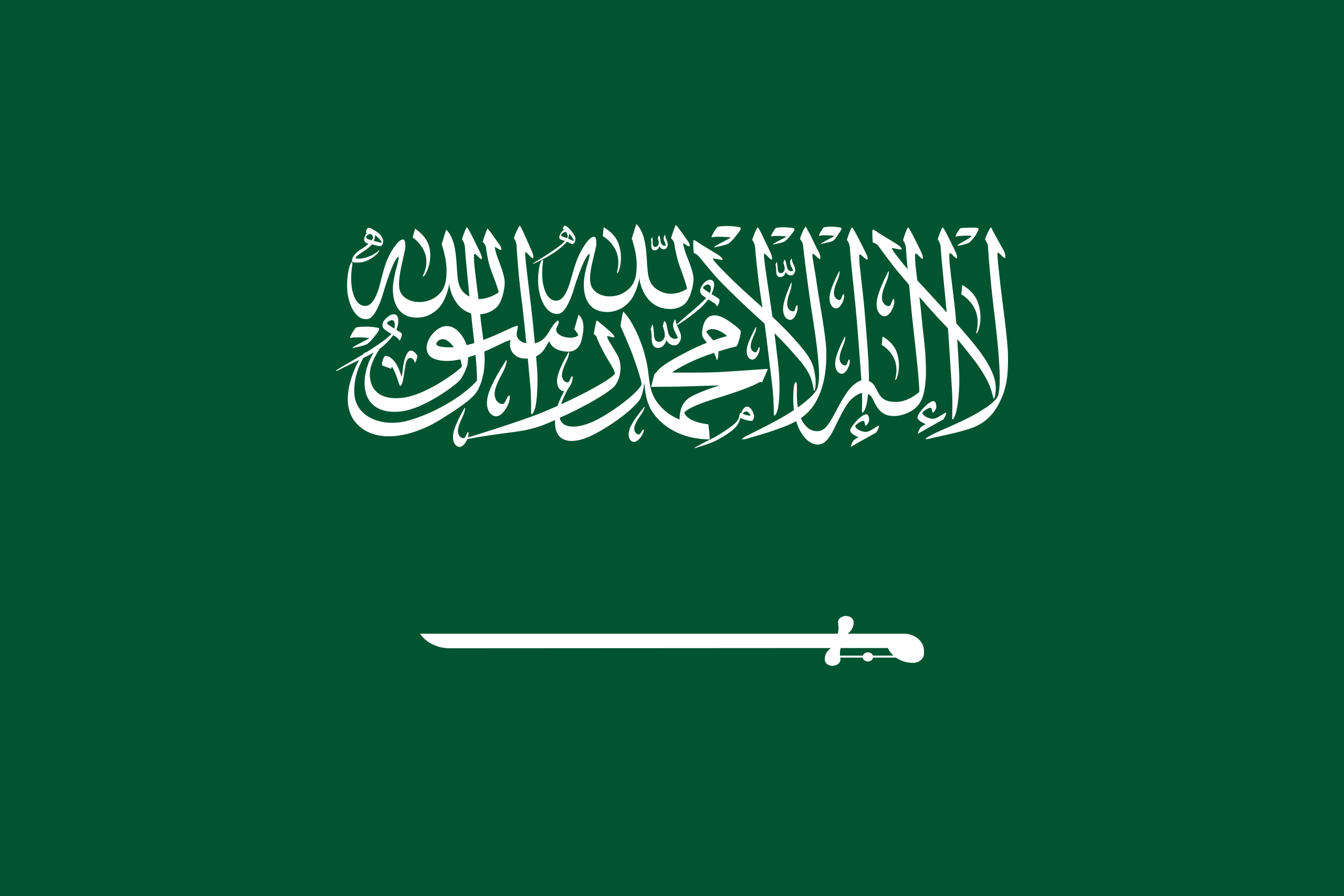In the turbulent aftermath of Bashar al-Assad's ouster, Saudi Arabia finds itself deeply engaged in managing the complex geopolitical landscape of Syria, viewing the nation as a new front line for its security interests. According to a recent analysis, published by the Carnegie Middle East Center, Riyadh is actively recalibrating its strategy to counter rising Turkish, Iranian, and Israeli influence while striving to stabilize the fractured country under its new caretaker government.
The analysis outlines a "three-pronged challenge" to Saudi interests. Firstly, Turkey's expanding authority in northern Syria through its military presence and support for factions like the Syrian National Army (SNA) raises concerns. Riyadh sees Ankara's use of proxies and demographic reshaping efforts as potentially shifting the regional power balance to Saudi Arabia's detriment despite a shared interest in countering Iran.
Secondly, Israel's actions, including military strikes, expansion into the Golan Heights buffer zone, and political engagement with minority groups like the Druze, are viewed as destabilizing and potentially creating vacuums that Iran could exploit. Saudi Arabia has publicly condemned these actions as undermining Syria's stability.
Thirdly, although weakened, Iran remains a significant concern. Riyadh fears Tehran could leverage ongoing instability, potentially through remaining militia networks, the illicit Captagon trade, or sectarian strife (like recent Alawite-related violence), to regain influence and secure supply routes to Hezbollah, posing a direct threat to regional security.
In response to these challenges, Alghannam details Saudi Arabia's multifaceted strategy. Riyadh is pursuing diplomatic, economic, and security engagements to support Syria's new regime, aiming for its reintegration into the Arab world and advocating for lifting international sanctions to foster economic recovery. Despite their rivalry, key tools include cautious cooperation with Türkiye, leveraging shared anti-Iran goals, and potential economic partnerships in reconstruction. Saudi Arabia is also utilizing its historical ties and influence with northeastern Syria's powerful Arab tribes to bolster the new government and counter Iranian encroachment, a tactic employed previously against ISIS and the Assad regime. Finally, Riyadh is countering Israeli moves through diplomatic condemnations, rallying unified Gulf Cooperation Council (GCC) support for Syria's new government, and utilizing state-linked media to shape public opinion against Israeli expansionism.
The stakes for Saudi Arabia are high. The success of its strategy hinges significantly on the ability of Syria's caretaker government to unify the country and overcome internal divisions, sectarian tensions, and external pressures. Failure could see Saudi influence wane, embolden regional rivals, and potentially lead to renewed instability spilling across borders, directly impacting Saudi security. Riyadh's commitment, demonstrated through substantial aid pledges and active diplomacy, signals its determination to shape Syria's future and protect its standing as a regional power.
The Carnegie Middle East Center, an independent policy research institute based in Beirut, Lebanon, published the analysis. It provides an in-depth analysis of the political, socioeconomic, and security issues facing the Middle East and North Africa, aiming to inform policymakers and the public.
